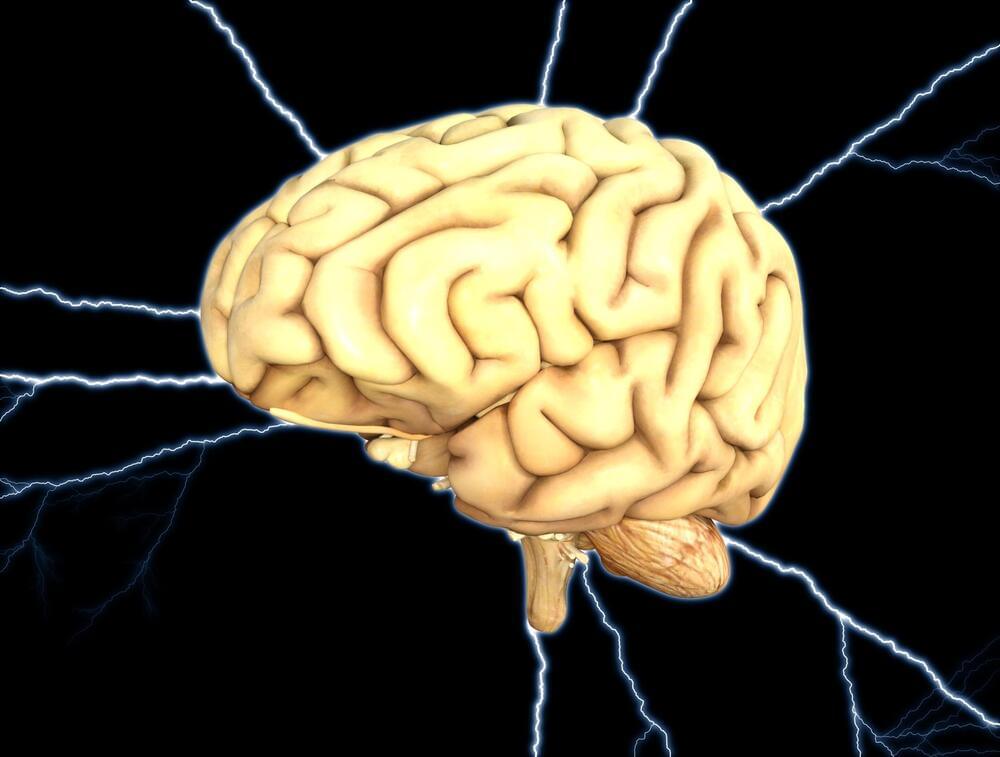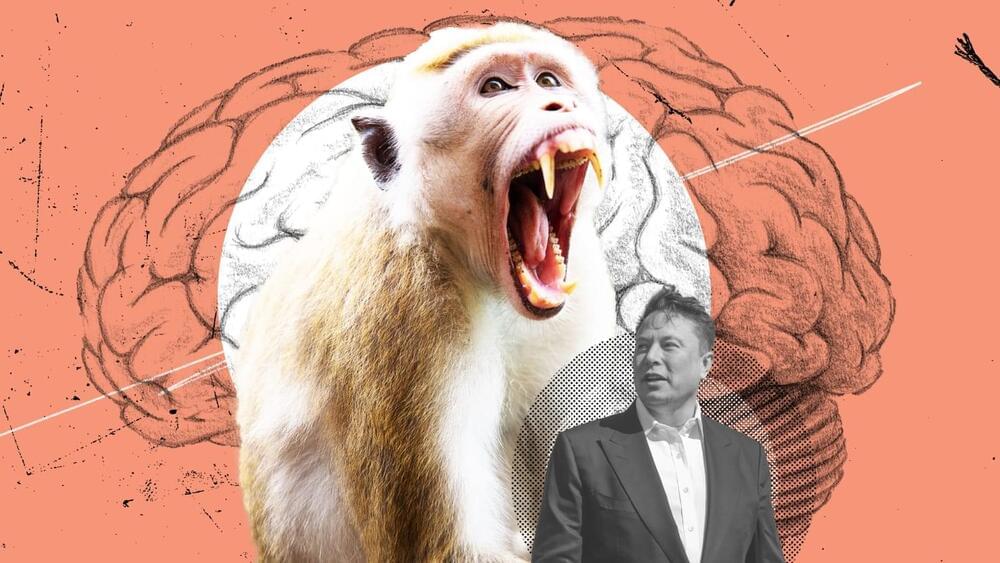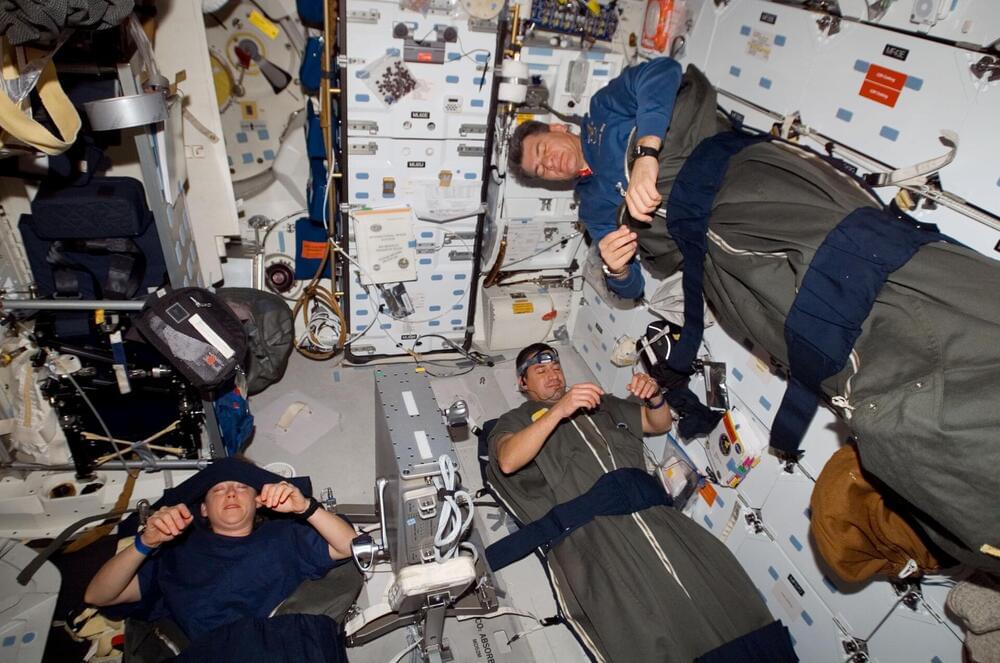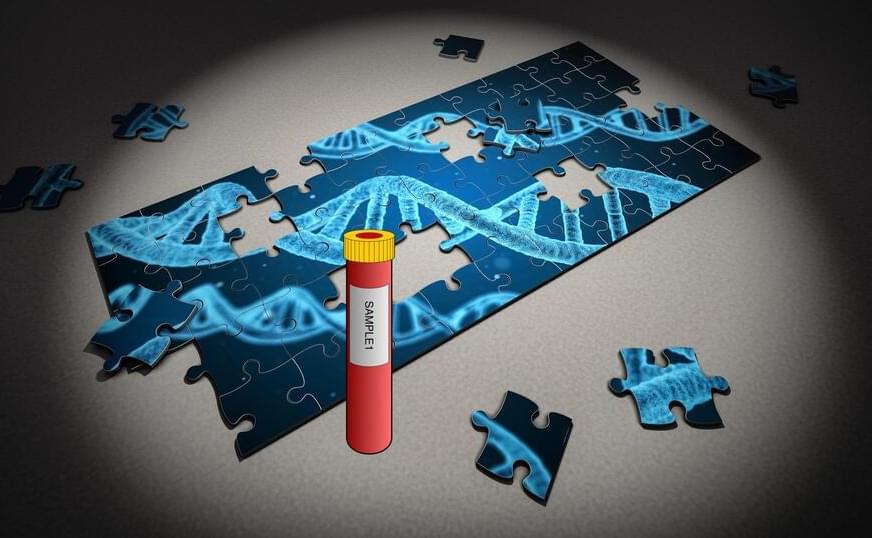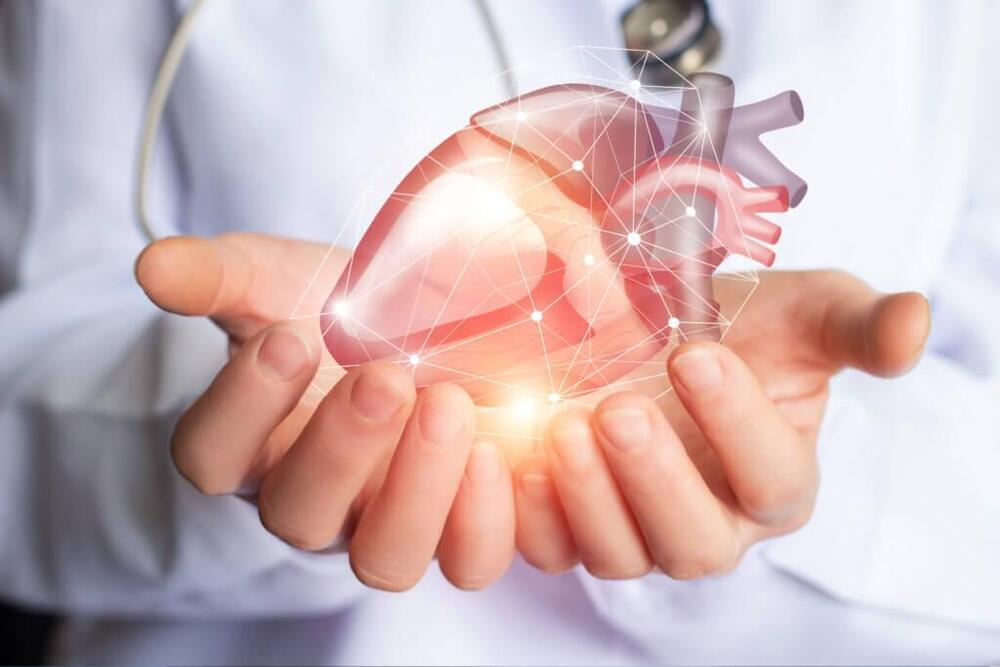
The recent advances in machine learning and artificial intelligence, coupled with increases in computational power, have led to a lot of interest and hype in longevity biotechnology 30114–2). Hundreds of data scientists and companies are taking advantage of this hype to propel research and discovery of new technologies in aging research.
One of the major new areas in aging research are biomarkers of aging that give the true biological age of humans that may be different from their chronological age. One of the most advanced biomarkers of aging are deep aging clocks that can help researchers predict biological age as well as mortality of humans. In 2013, Steven Horvath published an article called ‘DNA methylation age of human tissues and cell types,’ in which he outlined the development of a multi-tissue predictor of age that allows for the estimation of the DNA methylation age of most tissues and cell types. He also formed an aging clock that can be used to address questions in developmental biology, cancer, and aging research.
There have been several more studies on such clocks since 2013. For example, I was part of a team in 2016 and we published a study on the first deep aging clock titled ‘Deep biomarkers of human aging: Application of deep neural networks to biomarker development.’ Since our study was published, many other aging clocks that can predict age as well as mortality rapidly entered into many industries. it is clear that there is a boom in the longevity biotechnology industry and huge progress in aging research is expected to be made in the next few years. AI-based aging clocks provide a very good entry point for the insurance companies to get into the field of aging research and actually contribute while protecting their business and innovating in science and technology.
